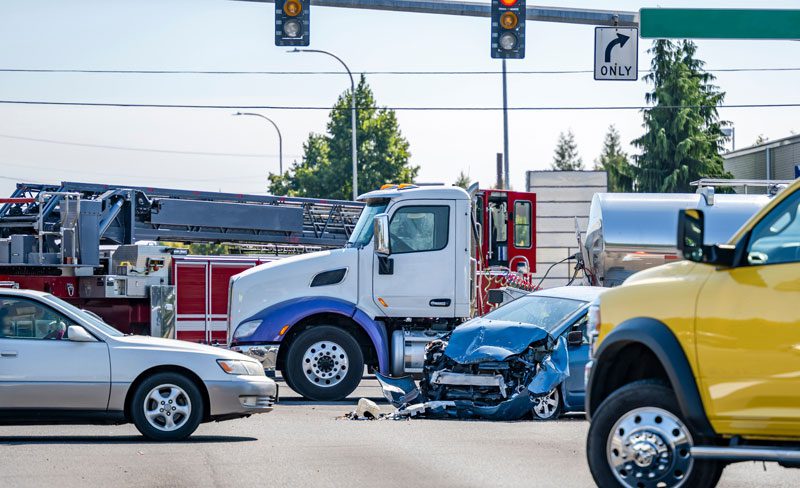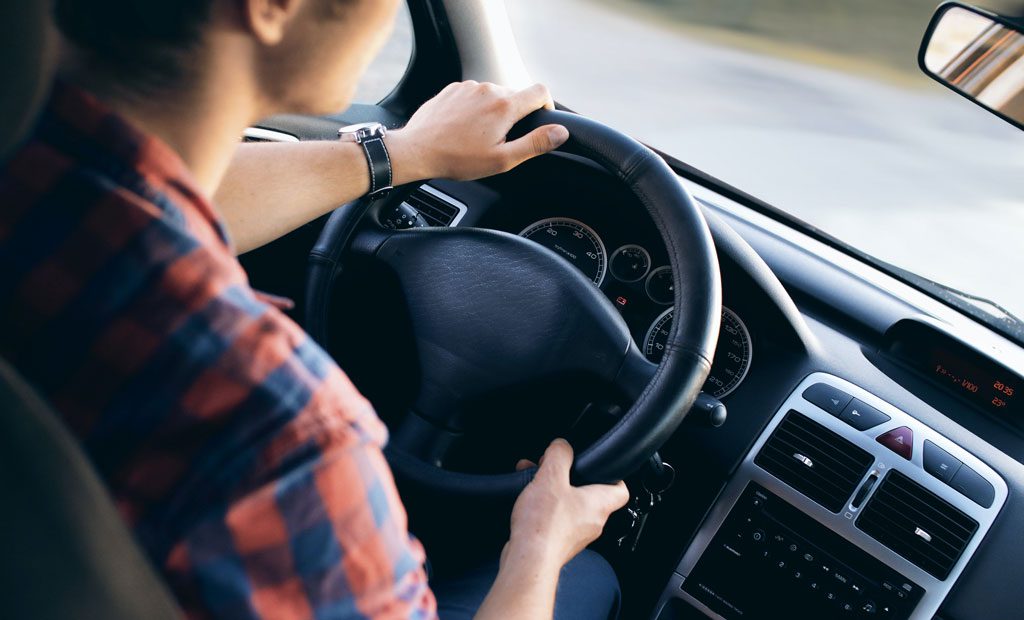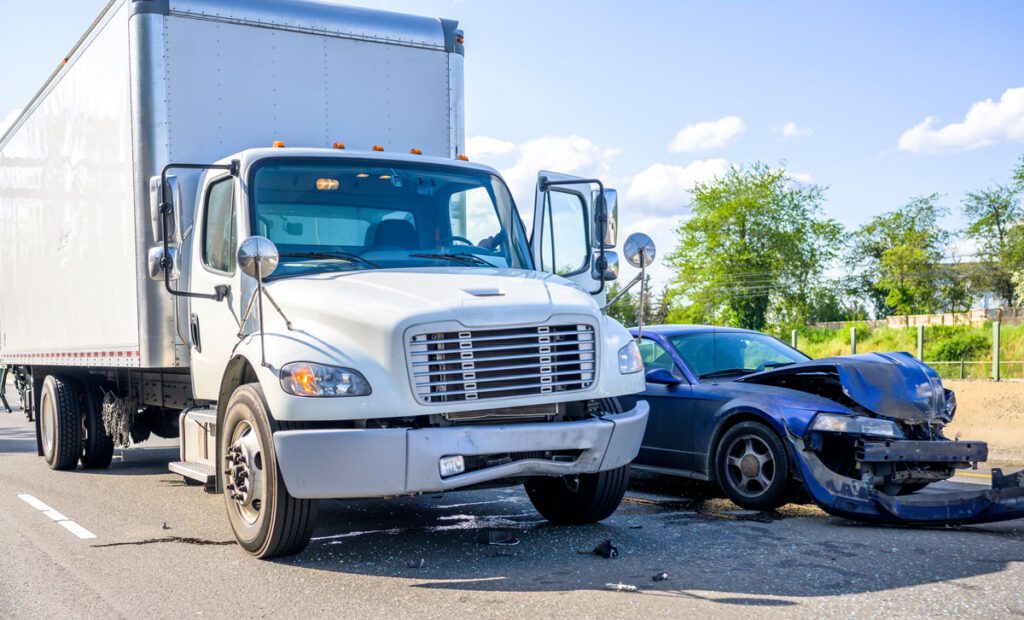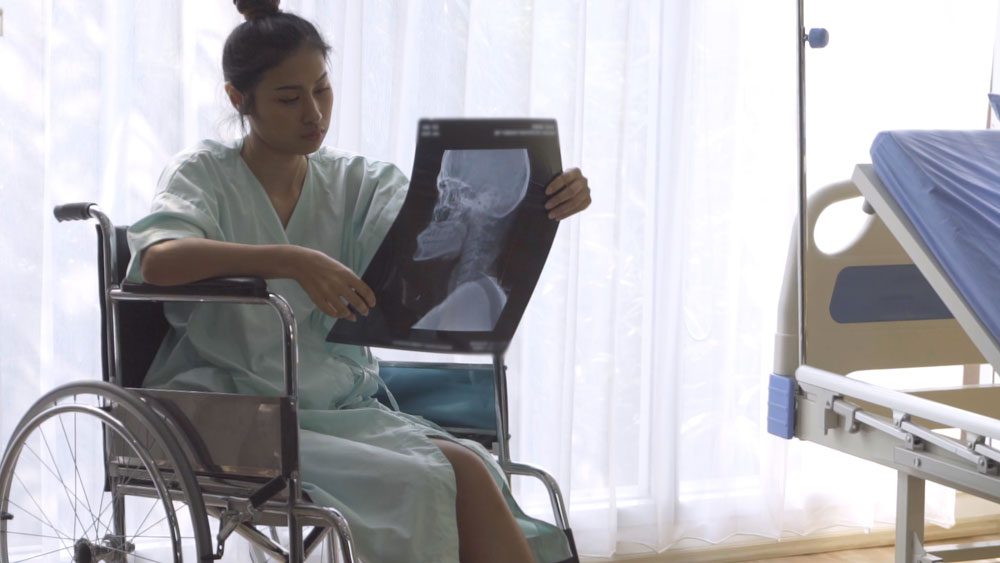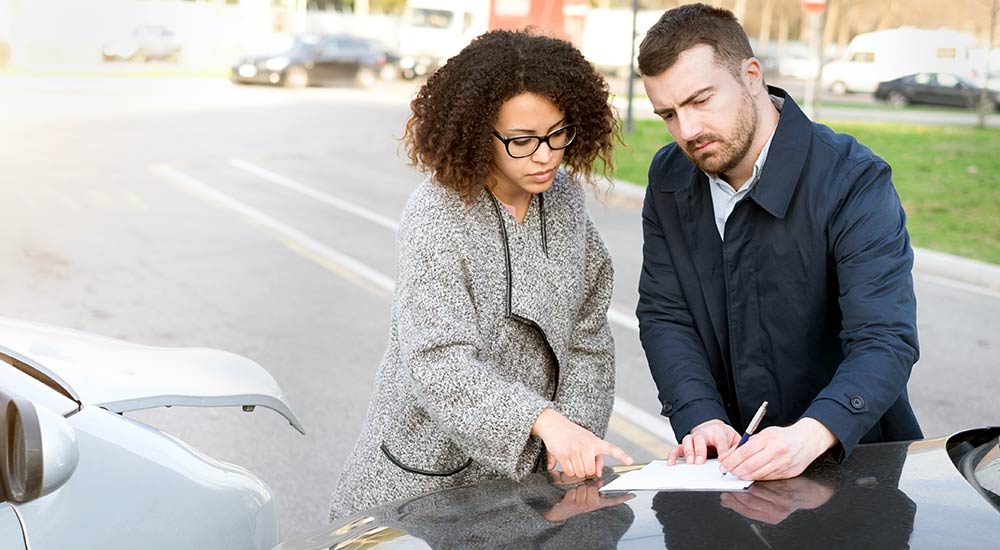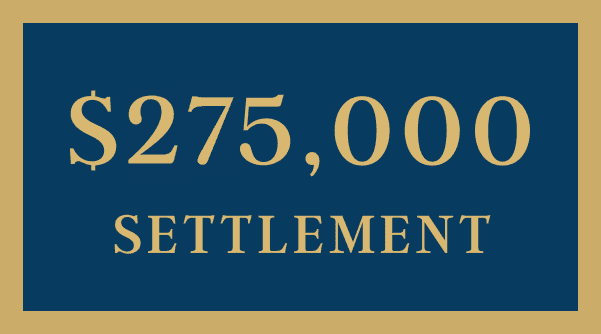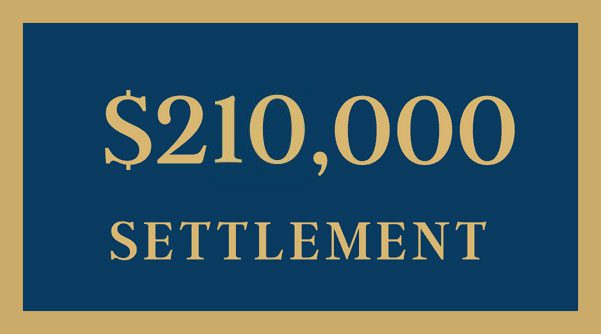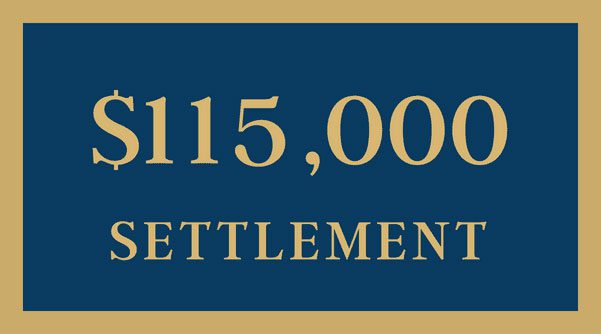A driver is considered intoxicated when alcohol and/or drugs impair his or her ability to operate a vehicle safely. Not surprisingly, driving intoxicated is unlawful in the state of California.
California Vehicle Code Section 23152 subdivisions (a), (f), and (g) make it a crime to operate a motor vehicle while “under the influence” of alcohol and/or drugs. As stated above, and under the Vehicle Code, a driver is “under the influence” if his or her physical or mental abilities are impaired to the extent that he or she cannot drive as well as a cautious sober person.
California Vehicle Code Section 23152 subdivision (b) makes it a crime for anyone 21 or older to drive with a blood alcohol concentration (“BAC”) of 0.08% or higher. Similarly, California Vehicle Code Section 23152 subdivision (d) makes it a crime for one to drive a commercial vehicle with a BAC of .04 percent or higher.
California Vehicle Code Section 23152 subdivision (e) makes it illegal for anyone to drive with a BAC of .04% or higher when a passenger for hire is in the vehicle. “Passenger for hire” means anyone who is paying for the ride-share services such as Uber, Lyft, taxi drivers, and limousine drivers.
Under California Vehicle Code section 23136, California has a “zero-tolerance” policy for underage drivers.
California allows DUI victims to sue for damages when they are injured by an intoxicated driver. When a person is injured in a car accident, he or she may bring a lawsuit against the responsible driver to seek compensation for medical bills, lost wages, pain and suffering, and other losses related to the car accident. When a person is injured as a result of an intoxicated driver, punitive damages may also be sought.
Punitive damages are intended to punish, and deter wrongful acts, such as driving under the influence of alcohol. In California, under Code of Civil Procedure section 3294, punitive damages are generally available when a plaintiff has proven by clear and convincing evidence that the defendant acted with “oppression, fraud, or malice.” To justify an award of punitive damages under this standard, the plaintiff must prove that the defendant was aware of the probable dangerous consequences of his conduct and that he or she willfully and deliberately failed to avoid those consequences.
When you have been hit by a driver driving under the influence, the attorney you retain may make all the difference. Specifically, the attorney you retain must consider if the facts of your automobile accident will entitle you to seek punitive damages. In the California Supreme Court case, Taylor v. Superior Court, the Court held that automobile accidents can meet the standard for punitive damages under certain circumstances. In Davis v. Superior Court, the California Supreme Court held that drunk driving can meet this standard when there is a conscious decision to drink and drive.
If you have been injured by a drunk driver in California, do not hesitate to speak with an experienced personal injury attorney who can help get you the compensation that you deserve. Contact our office at 818-488-9448 to schedule a free consultation today.














